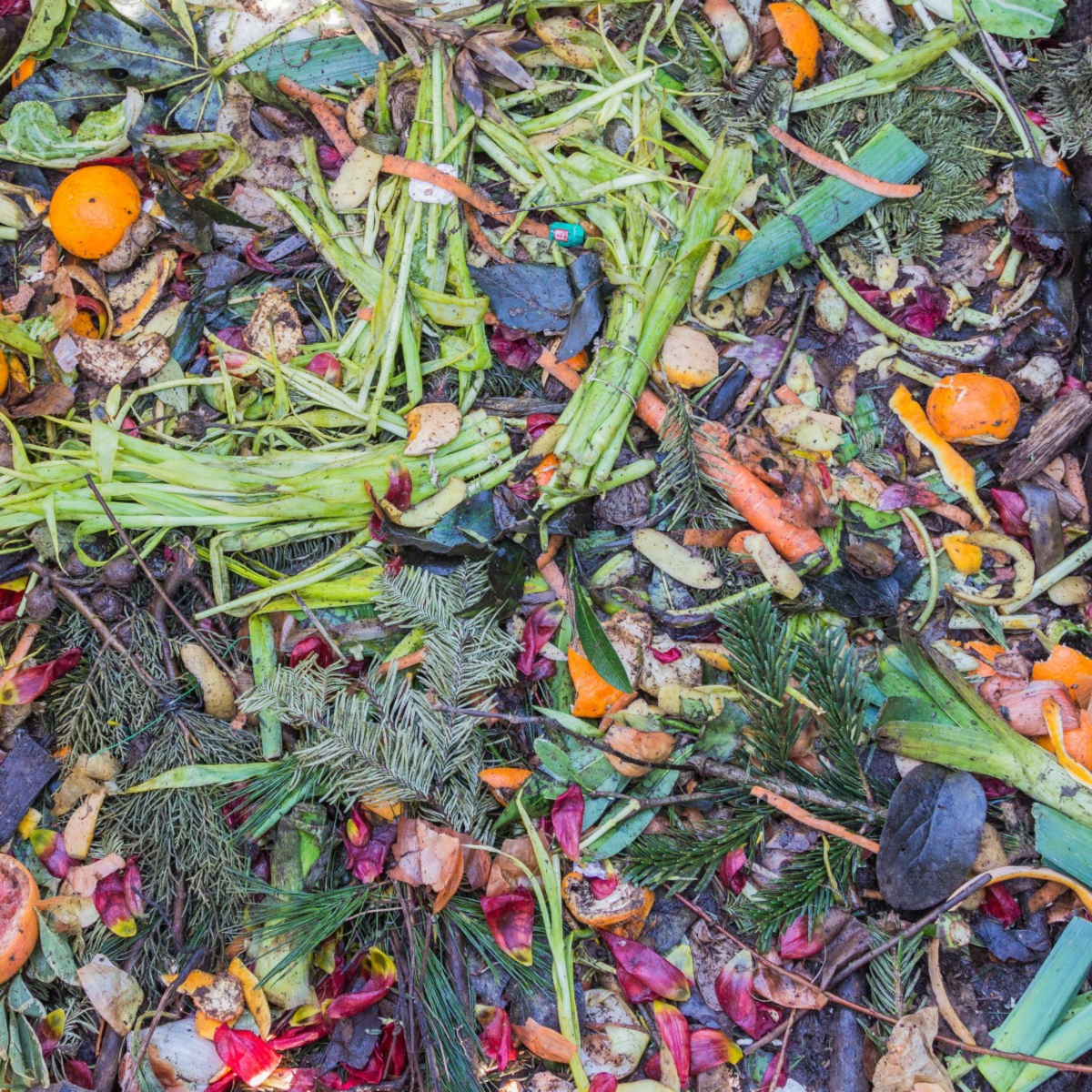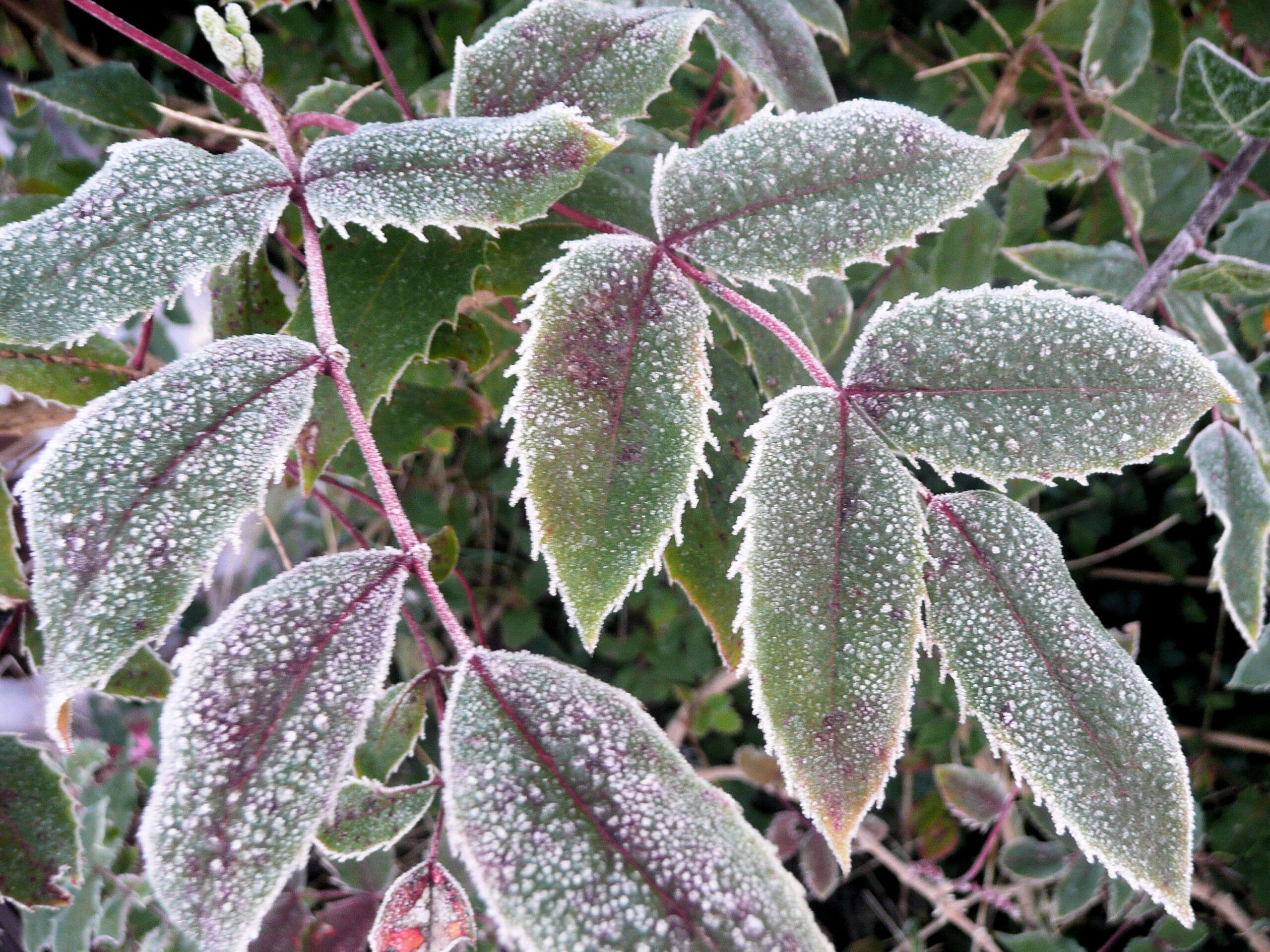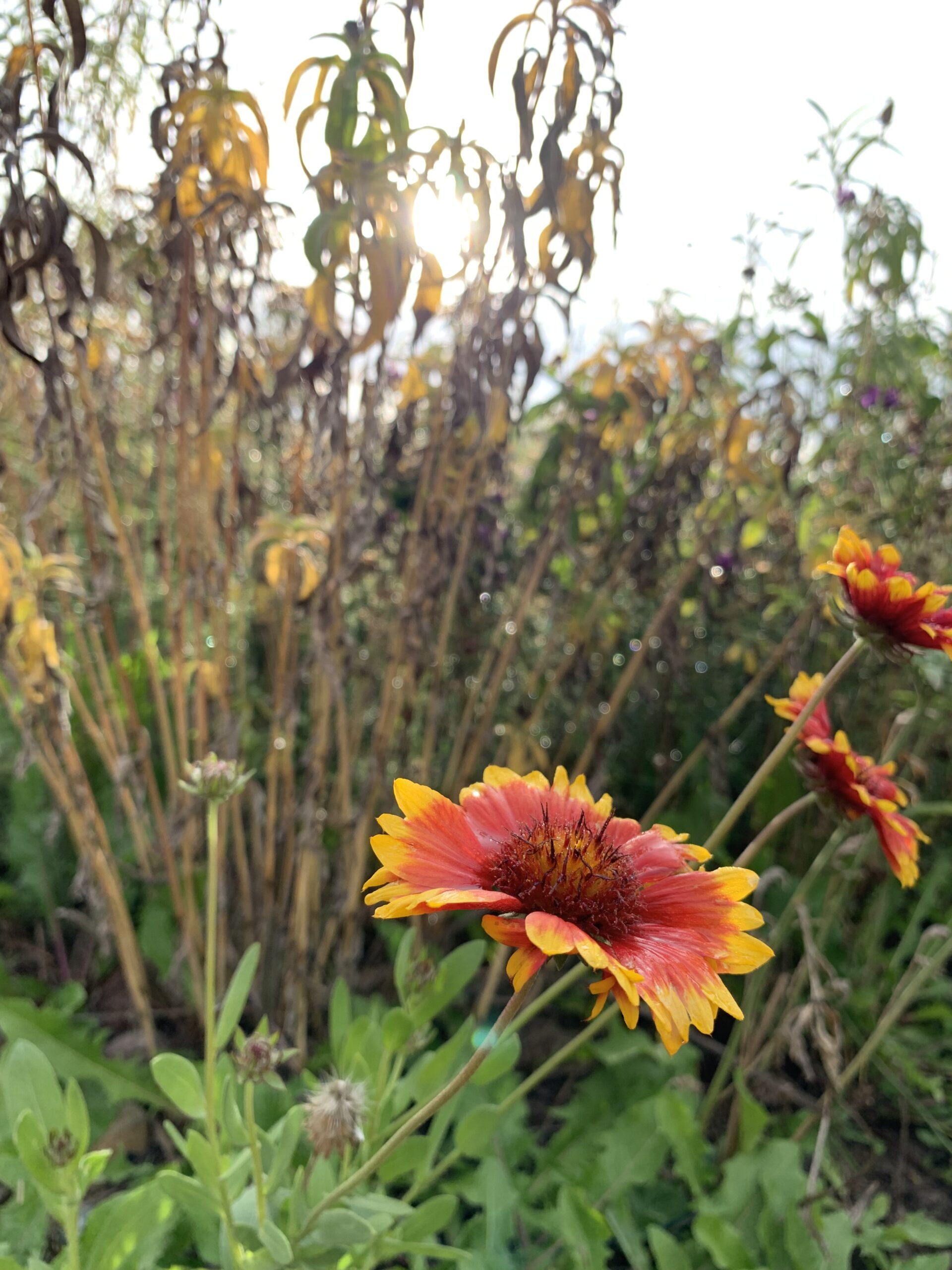By Jessie Walthers, Conservation Program Manager Groundhog Day. Who doesn’t love this most random of…

Stink-Free Composting
Composting can have many benefits, including adding nutrients to your garden, retaining soil moisture, reducing landfill use, and carbon sequestration. But, many people worry that starting a compost can lead to a smelly mess. Follow these simple steps to make sure your compost stays stink-free.
- Never add any meat, bones, or oils to your compost
- Make sure your compost is getting aerated – turn it at least twice a month
- Maintain a healthy balance of 2/3 carbon and 1/3 nitrogen
Check out the table below for a list of compostable materials and their general carbon/nitrogen content.

For more detailed information and composting tips, check out this great website: https://learn.eartheasy.com/guides/composting/



